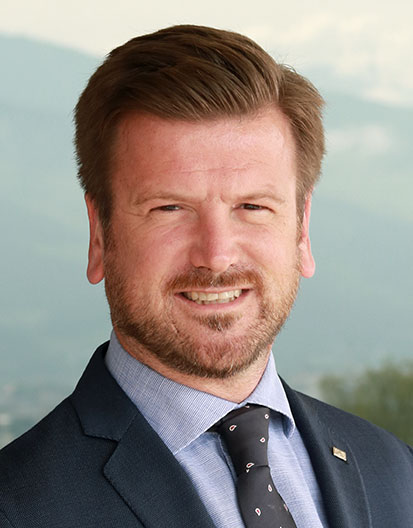Urban Water Systems
The vast majority of the world’s population today is living in an urbanized environment and the trend of people moving to cities continues to grow. Thus a large proportion of human water consumption and wastewater discharge occurs in urban space.
Raw or treated water, often supplied from remote sources, is frequently stored in urban supply areas to serve as a buffer at times of peak demand or interruption of bulk supply, before being distributed to consumers through (mostly) pumped network systems.
For modern water distribution systems, it is essential to make water of sufficient quality, quantity and pressure available at all times. Today, substantial water losses caused by aging supply networks jeopardize the supply reliability and increase the supply costs. ILF is committed to working with clients around the world to tackle leakage and employ the latest know-how in efficient supply concepts and technologies to make the most out of the world’s precious fresh water resources.
When it comes to collecting wastewater, either in dedicated separate systems or together with stormwater in combined systems, ILF can draw on decades of experience – be it for master plans, feasibility studies or complex system designs. In addition to the design of new systems, increasingly significant public and private investments target the expansion and rehabilitation of existing sewer systems with the goal of maximizing the use of available system components.
But Urban Water is not just about the human demand for potable water and the resulting generation of wastewater, it is increasingly about the management of rain water and specifically extreme surface runoff. Conventional combined or separate drainage systems have for long sufficiently addressed the capturing and safe assimilation of this water into the environment. However, the rapid expansion of impervious surfaces in combination with the widely observed change in weather patterns that has resulted in greater rainfall intensities and durations now necessitate alternative approaches. Hence, ILF is promoting integrated surface water management in urban environments – local ground infiltration, decentralized retention in cities and safe routing through urban agglomerations. To this end ILF employs the latest 1D/2D coupled modeling technology to make urban space both safe and livable.
Fields of Expertise:
Water Supply:
- Spring catchment structures
- Wells
- Reservoirs and tanks
- Pumping stations
- Water distribution networks
- Trenchless construction methods
- Non-revenue water reduction
- Infrastructure rehabilitation
Integrated Urban Drainage:
- Data collection – documentation of events, drone surveys, flow measurements, water quality sampling, sewer inspection
- Data processing and management – GIS, BIM, Sewer databases/register/information system
Hydrology (rainfall runoff modelling)
Sewer system modelling (1D-Modelling)
Hydrodynamic surface runoff modelling
Urban flood modelling (coupled 1D-2D modelling)
Pluvial flood hazard maps and flood risk management
Sustainable urban drainage systems (SUDS)
Decentralized stormwater management
Stormwater treatment and infiltration facilities
Ground water modelling (3D-modelling)
Wastewater Collection:
- Sewage pumping stations
- Combined and separate sewer systems
- Combined sewer overflows (CSOs)
- Trenchless construction methods
- Infrastructure rehabilitation
Get in touch
Werner Redtenbacher
| moc/fli//tnemnorivne-retaw | |
| Phone | +43 / 512 / 2412 - 0 |
For any job-related queries please contact jobs@ilf.com or the HR partner named within the job listings at www.ilf.com/career/jobs.
Downloads
Urban Water Systems
- Download PDF (243.42 Kb)
- View online
Downloads
Integrated Urban Drainage
- Download PDF (280.20 Kb)
- View online




